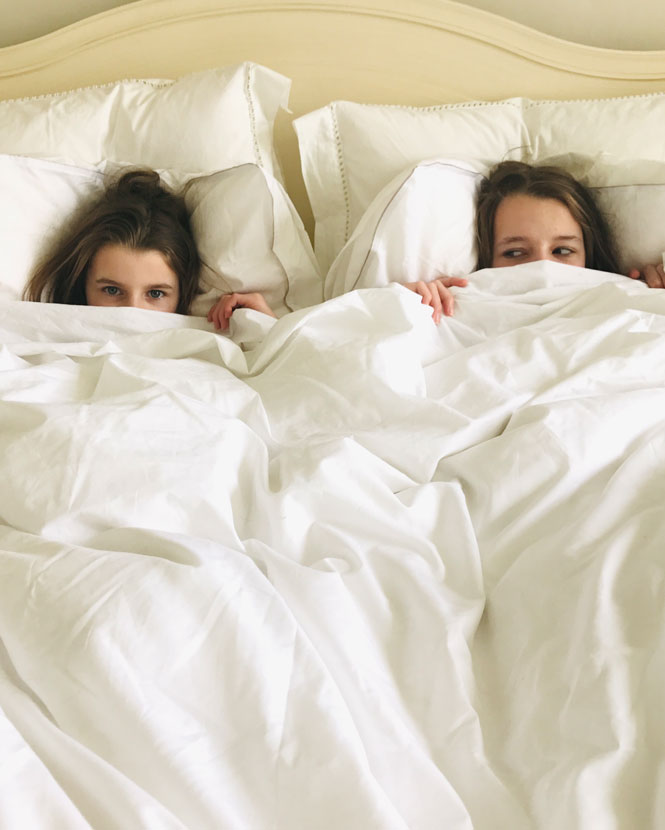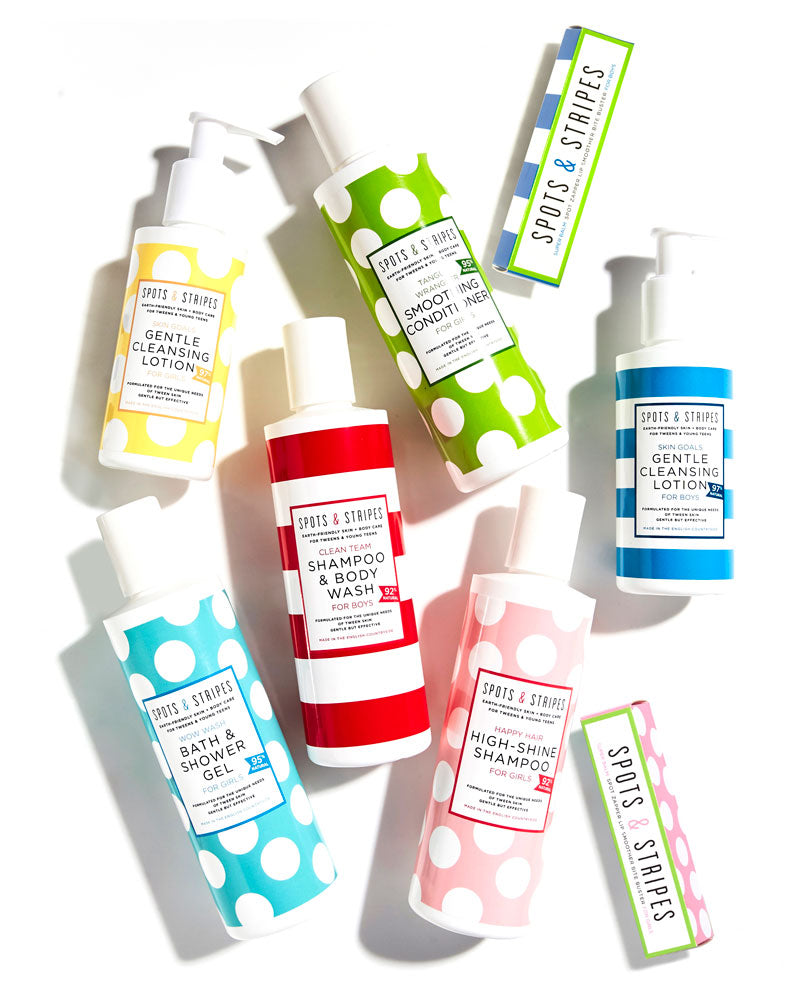The summer holidays are here, and for many teens, that means late nights, long lie-ins, and zero alarms. Heaven? Yes - but too many sleep-ins and screen-fuelled nights can throw a teen’s sleep completely off track. And while it’s tempting to forget about bedtime altogether, getting good-quality sleep in summer is just as important as during the school term.
Why Sleep Matters for Teens
Sleep isn’t just about recharging. It plays a vital role in how a body and brain develops during the teenage years. It supports memory, learning, mood regulation, growth and even their skin and immune system. Teenagers need around 8 to 10 hours of sleep each night - but most aren’t getting what they need.
Too little sleep can affect everything from concentration and schoolwork to mental health and energy levels. It can also leave them feeling irritable, low, or just not yourself.
Why Sleep Can Be Tricky for Teenagers
If your teen struggles to fall asleep at night, it’s really not their fault - it’s their biology. During adolescence, changes happen in the brain that mean a teen’s body clock naturally shifts later. The cause? Their brains start producing melatonin (the hormone that makes them feel sleepy) much later in the evening than younger children or adult’s brains do, making it harder to fall asleep early. Bottom line: they’re biologically wired to go to sleep later - and wake up later, too.
Add in early school starts, busy days, and a tendency to stay up scrolling, and it’s no wonder so many teens feel constantly tired.
Why Summer Sleep Is Even Harder
Summer might feel like the perfect time to catch up on rest – but in reality, it can make sleep more difficult. Here’s why:
-
Lighter evenings
Longer daylight hours suppress melatonin, making it harder to feel tired at night. It’s harder, too, for young brains to recognise when it’s time to sleep. -
Hot weather
A drop in body temperature is a natural physiological trigger for sleep. But muggy nights and warm bedrooms can make it difficult for teen bodies to cool down. -
Change in routine
Lie-ins, late nights, travel and sleepovers confuse a teen’s body clock and disrupt sleep patterns, which can make it harder to settle back into a good sleep routine. -
More screen time
Blue light from extra scrolling time (especially before bed) keeps young brains active and delays melatonin production even further.
We know that life can be so stimulating and stressy that it’s sometimes hard to calm down enough to sleep. That’s why we created this Sleep Mood Spray, an aromatherapy spray full of amazing, natural ingredients that will help to quiet your buzzing mind and relax your over-tired body.
Top Sleep Tips for Summer
Getting better sleep over the summer doesn’t mean going to bed at 9pm every night. It’s about creating a consistent, calming routine that works for your life - and sticking to it as much as you can.
Here's what can help:
1. Stick to regular bed and wake-up times
You don’t have to stick to school wake up times, but try to go to bed and wake up at similar times each day - even at weekends. A consistent routine helps your body know when to feel sleepy.
2. Limit Lie-Ins
The occasional lie-in is fine, but sleeping past 10am regularly can push your sleep cycle even later. Aim to wake up within 1 to 2 hours of your usual term time alarm.
3. Wind down properly
Have a calming pre-bed routine. Try taking a warm bath or shower; do some gentle stretches. Read, meditate or listen to music. Avoid revision, high-energy TV, or anything too stimulating late at night.
4. Cut the screen time
Try to stop using phones, tablets or gaming consoles at least 30 to 60 minutes before bed. Blue light delays sleepiness, and notifications can wake you up in the night. Read a book or listen to calming music. And think about charging your phone outside your bedroom.
5. Keep your bedroom cool
Make your bedroom sleep-friendly: cool, quiet, and dark. Dim the lights, use a fan if needed and switch to lightweight, cotton bedding or a sheet if it’s very hot.
6. Watch what you eat and drink
Avoid caffeine (in tea, coffee, energy drinks and even chocolate) after mid-afternoon. And don’t go to bed on a full stomach. A light snack is fine, but avoid late-night meals, particularly heavy ones.
7. Get out in the daytime
Sunlight during the day - especially in the morning - helps set your body clock and supports better sleep at night. So, open your curtains or blind as soon as you wake up and get outside whenever you can
8. Stay active
Getting fresh air and moving your body helps regulate your internal clock and can help you sleep better. Just don’t do anything too intense right before bed.
9. Rethink your nap game
If you’re tired during the day, a 20 to 30 minute power nap is fine. Just don’t nap for hours or too late in the day - it’ll mess with your night time sleep.
Getting your sleep right over summer will help teens feel better, think more clearly, and get the most out of their holidays. And when term starts again, the transition back to school mornings won’t feel like such a shock. Find out more about our Sleep Mood Spray, specially formulated to help teens and tweens get a good night's sleep.






